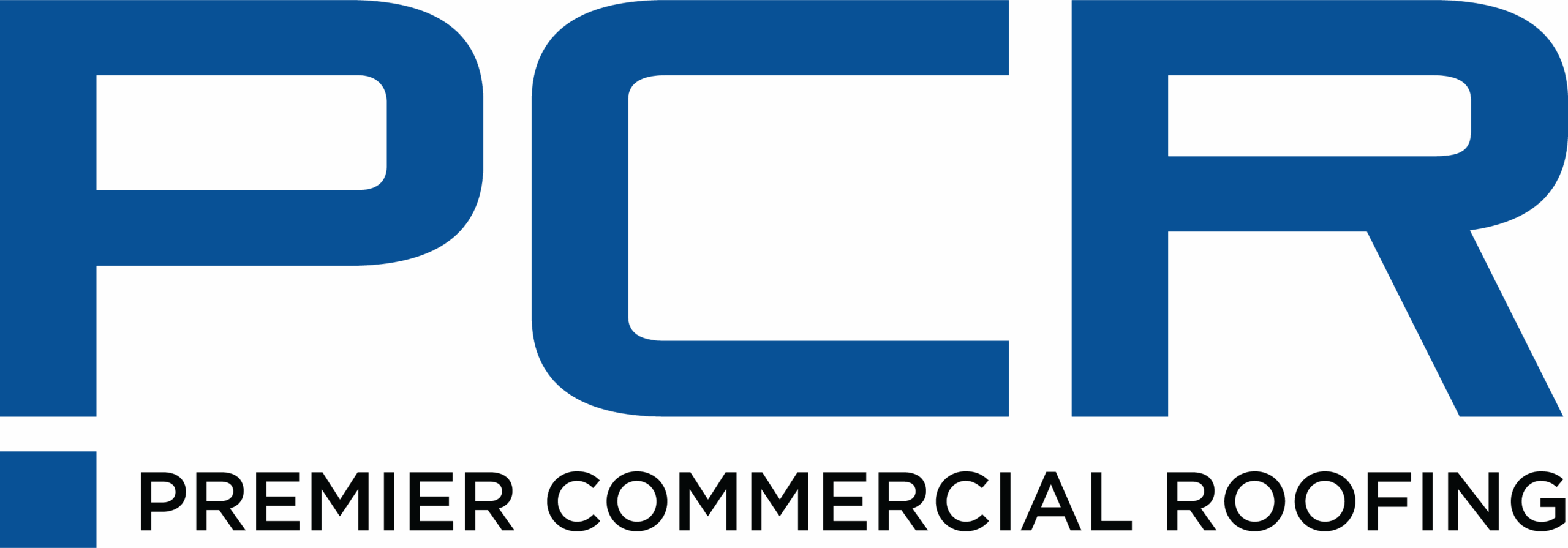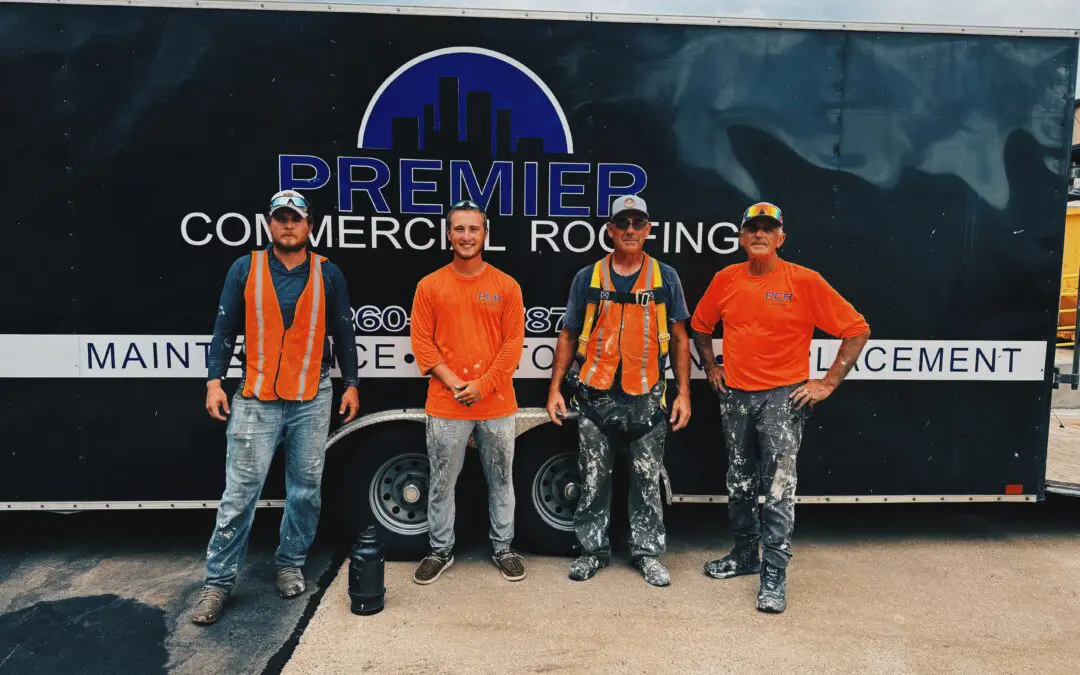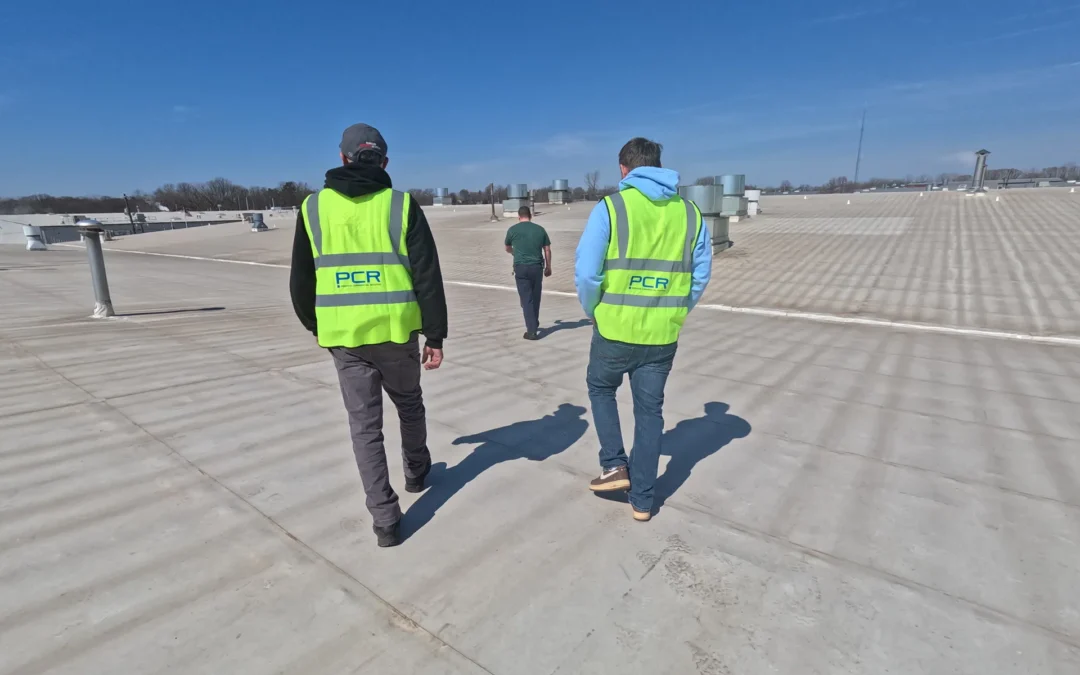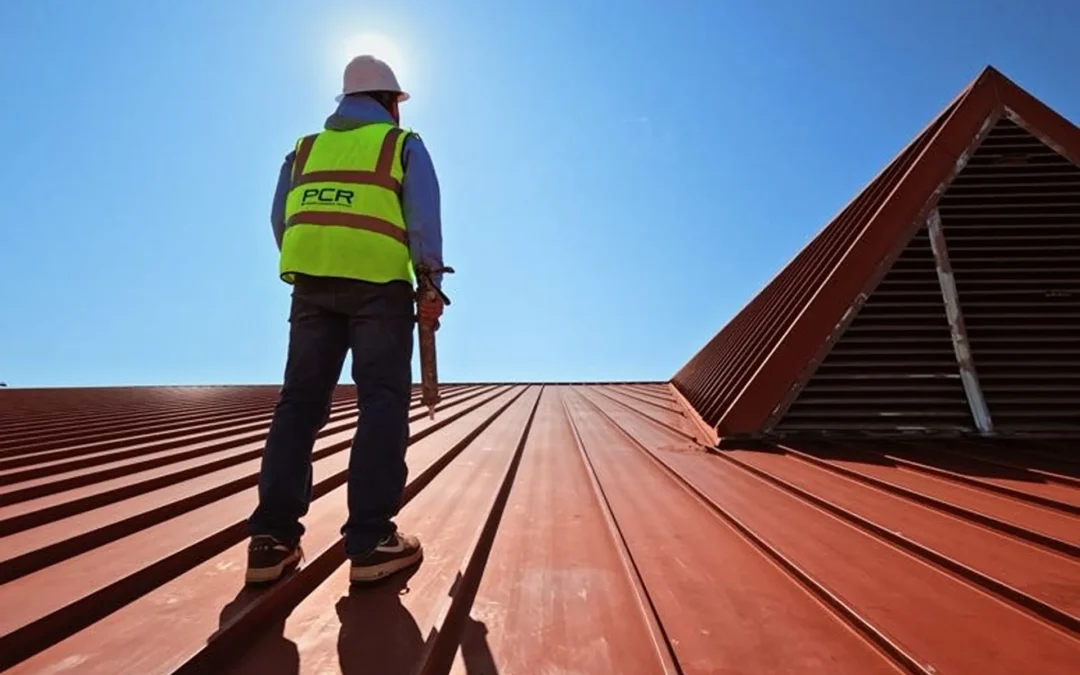Commercial roofing projects are no small expense. Whether you’re repairing damage, replacing an aging roof, or investing in an energy-efficient system, the cost can range from thousands to hundreds of thousands of dollars—depending on your building’s size, roofing material, and scope of work.
If you’re a property owner, you might be wondering:
How do I finance a commercial roofing project without draining my capital or delaying critical repairs?
At Premier Commercial Roofing, we’ve helped hundreds of building owners find smart and flexible financing solutions that keep their properties protected while maintaining financial stability.
In this practical guide, we’ll break down everything you need to know about financing commercial roofing projects—from understanding costs to comparing loan options and planning your payments.
Why Financing a Commercial Roof Makes Sense
Before diving into your options, let’s address an important point:
Financing is not a last resort—it’s a strategic financial tool.
Here’s why financing is a smart move for commercial property owners:
- ✅ Preserves working capital for other business needs
- ✅ Enables immediate repairs or upgrades without delay
- ✅ Helps avoid more costly damage from postponed maintenance
- ✅ Offers predictable monthly payments for budgeting ease
- ✅ May qualify for tax advantages like depreciation or deductions (consult your CPA)
In short, financing allows you to protect your building and business while maintaining healthy cash flow.
Step 1: Understand the Cost of Your Roofing Project
The first step in financing is knowing what you’re financing. Commercial roofing costs vary depending on several key factors:
🔍 Factors that Influence Cost:
- Square footage of the roof
- Type of roofing system (TPO, EPDM, metal, modified bitumen, etc.)
- Tear-off or overlay
- Roof slope and accessibility
- Building code requirements
- Energy-efficiency upgrades
- Warranty type and length
💡 Average Cost Range:
- Basic flat roof replacement: $5 – $10 per square foot
- Metal roofing systems: $7 – $12 per square foot
- High-end systems with insulation or coatings: $10 – $20+ per square foot
Premier Commercial Roofing provides detailed inspections and transparent estimates, so you know exactly what you’re paying for—no surprises.
Step 2: Choose the Right Financing Option
Let’s explore the most common and effective ways to finance your commercial roofing project:
1. Contractor-Backed Financing Programs
Many top commercial roofing companies (including Premier Commercial Roofing) offer financing directly through trusted third-party lenders. These programs are tailored for building owners and often include:
- ✅ Low fixed interest rates
- ✅ Flexible repayment terms (12–120 months)
- ✅ Fast approvals—often within 24–48 hours
- ✅ Options for deferred payments or interest-only periods
This is often the easiest and fastest way to get financing and start your project.
2. Commercial Bank Loans or Lines of Credit
Traditional banks offer term loans or lines of credit to qualified businesses.
- Term Loans: Fixed amount, interest, and repayment period
- Lines of Credit: Flexible draw and repay schedule, useful for ongoing or phased projects
You’ll typically need:
- A strong credit profile
- Business financials (income, debt, cash flow)
- Collateral, depending on the loan size
3. SBA Loans (Small Business Administration)
The SBA offers loan programs such as the 7(a) and 504 loans, which can be used for building improvements—including roofing.
Benefits:
- Lower down payments
- Longer repayment terms (up to 25 years)
- Government-backed security for lenders
Downside: The application process is longer and more paperwork-heavy.
4. PACE Financing (Property Assessed Clean Energy)
If your roofing project includes energy-efficient upgrades like reflective membranes, cool roof coatings, or insulation, you may qualify for PACE financing—available in some Indiana municipalities.
Key Advantages:
- 100% project financing
- Repaid through property tax bill over 10–20 years
- No upfront capital needed
- Not tied to the owner’s credit—financing stays with the property
This is an excellent option for long-term owners committed to sustainable upgrades.
5. Equipment Leasing or Capital Lease Options
Did you know that a commercial roof can sometimes be leased through capital improvement financing? This works similarly to leasing business equipment.
- Payments are spread out monthly
- You may own the roof at the end of the lease
- Preserves capital and offers potential tax benefits
This option is ideal for businesses with limited upfront funds and strong monthly cash flow.
6. Private or Alternative Lenders
Online business lenders, fintech platforms, and private lending groups offer fast funding for commercial projects. These lenders may have:
- Less strict credit requirements
- Quicker application processes
- Higher interest rates (so compare carefully!)
Make sure to verify the lender’s credibility and always read the terms before signing.
Step 3: Plan for Financing Success
Once you’ve chosen a financing path, follow these best practices to keep your project (and budget) on track:
✔️ Get a Detailed Estimate
A complete proposal from your roofer should include:
- Scope of work
- Materials to be used
- Labor and disposal costs
- Timeline
- Warranty information
✔️ Review the Fine Print
For any financing agreement, review:
- Interest rate (APR)
- Total repayment amount
- Fees or penalties
- Early payoff options
✔️ Consider a Phased Approach
If full replacement isn’t feasible upfront, ask your contractor about a phased project plan:
- Repair the most critical areas first
- Apply protective coatings to extend roof life
- Schedule replacements in stages over time
At Premier Commercial Roofing, we offer customized roofing plans that align with your financing and facility needs.
Step 4: Choose the Right Contractor (It Matters!)
Even the best financing won’t save you from a bad installation. Be sure to work with a commercial roofing contractor who is:
- ✔️ Licensed and insured
- ✔️ Experienced in large-scale and specialty roofing systems
- ✔️ Knowledgeable about local code and permitting
- ✔️ Transparent with estimates and contracts
- ✔️ Willing to guide you through the financing process
Premier Commercial Roofing checks all those boxes—and more. Our reputation is built on trust, quality, and long-term relationships with our clients.
Final Thoughts: Financing Your Roof is Easier Than You Think
A damaged or outdated commercial roof can lead to major problems—but paying for a new one doesn’t have to be stressful. With multiple financing options available and a trusted contractor on your side, you can move forward with confidence.
At Premier Commercial Roofing, we’re more than installers—we’re partners in your property’s long-term success. From inspections to financing assistance to expert installation, we help commercial property owners like you plan smart and build strong.
